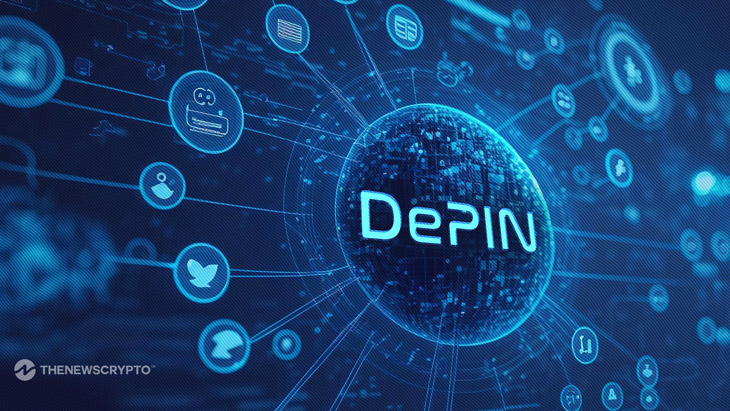The crypto industry is experiencing a surge in new narratives as it progresses through a new market cycle. Among these narratives are meme coins, scene coins, AI (vapor)ware, liquid re-staking, ordinals, doginals, and Base. These narratives are fueling excitement and attracting significant investment in the crypto space.
However, there is hope that this cycle will be remembered for reshaping what is known as the “operator economy,” also referred to as the gig or sharing economy. This transformation could mark a victory for individuals who have previously experienced the drawbacks of traditional operator economy platforms, such as overpriced services and lack of benefits. Such a shift would also validate the potential of crypto technology itself.
The operator economy was pioneered by companies like Uber and Airbnb, which leveraged crowdsourced infrastructure and labor to deliver valuable services. Despite its success, the operator economy model has been criticized for its monopolistic platforms, predatory pricing subsidized by venture funds, and the exploitation of gig workers who lack employee benefits and job security.

Revolutionizing the Operator Economy with DePIN (Credits: Crypto)
Decentralized Physical Infrastructure (DePIN) offers a promising solution to the inefficiencies and inequalities of the operator economy. DePIN involves community-driven protocol networks that coordinate hardware-based services with tokens, drawing on the principles of decentralization inherent in crypto technology. By eliminating rent-seeking intermediaries and redistributing profits to stakeholders, DePIN aims to create a more efficient and equitable operator ecosystem.
One key advantage of DePIN is that operators earn economic stakes in the network through tokens, providing them with investment opportunities similar to early Bitcoin miners. This contrasts with the current gig economy model, where workers lack basic benefits. DePIN networks are permissionless, transparent, and resistant to censorship, making them more inclusive and resistant to discrimination.
Despite its potential, DePIN faces challenges such as regulatory compliance and protecting operators from token volatility. Overcoming these obstacles will be crucial for DePIN to revolutionize the operator economy and demonstrate the value and values of crypto technology. If successful, DePIN could transform the way economic transactions are conducted and empower economically disenfranchised groups worldwide.























